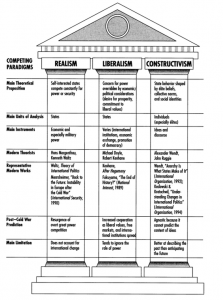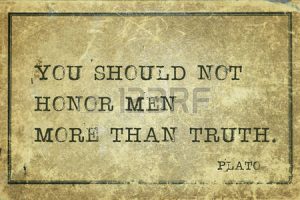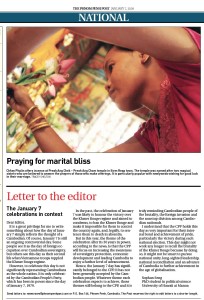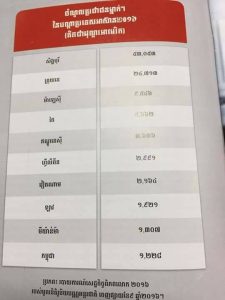Political Paradigm of Pragmatism from the Khmer Youth part 95
This part (95), Mr. Sophan persuasively analysed the importance of foreign policy for Cambodia to maximize nation’s interests of the Kingdom. As Cambodia has been seen as influenced by major changes of international affairs, directing her foreign policy leaning to any super power without having strong internal national institution is not realistic as IR coined it “Realism”.

After Cambodia worked to make a favour from China in many aspects, the recent official visit of Vietnamese president to China, and the visit of Vice President of USA to Hanoi, and the upcoming visit of Prime Minister of Japan to Hanoi, all are signs that Vietnam has tried to maximize interests for their nation. Vietnam can make friend with China, their historical foe, while Vietnam signed many agreements with USA and its allies. This reminded us during the post-cold war while China aided Vietnam to overcome USA, Vietnam can unify North Vietnam and South Vietnam eventually, and without procrastinating, Vietnam untied themselves from China with plan to invade Cambodia in January 7, 1979. By turning to Russia who is enemy of China, Vietnam can ensure its independence sovereignty from China as well as maximize its national interests through occupying Cambodia.
Right now, Cambodia should learn to conduct “realism” for its best collective interests for this nation.

 Up to today, the pure democracy has not existed in this world. Up to today, the pure communism has not existed in this world. The middle path engagement has been visible everywhere. But those countries that are moving away from this middle path are practically fragile states or failed states respectively. Our well-known ancient political philosophers such as Plato said “you should not honor men more than truth”, or legendary Socrates who accepted to die than giving up his “true word”, or Lord Buddha who advocated for “Dhamma-thepady Democracy or Dhamma Supremacy Democracy” since thousand centuries ago, have lighted up till today. Dhamma Supremacy Democracy literally means “rule of laws democracy”. In practice, Bhikkhu monks used major consensus to make decision-making upon well-adopted Vinaya or rule of laws. At least, there are three levels of “rule of laws” taught by Lord Buddha: the conventional truth or man-made rule of laws (Vinaya or disciplinary discourse), natural truth of rule of laws (Dhamma or natural truth of long discourse”, and ultimate truth or ultimate rule of laws (Abbhidhamma or ultimate truth of metaphysic discourse”. Buddha also addressed the three majority policy such as self supremacy (Atta-thepady), populace supremacy (Loka-thepady), and Dhamma supremacy (Dhamma-thepady) which he concluded that all those supremacy are beneficial by resembling within the line of “rule of laws” or Dhamma, not a single identity.
Up to today, the pure democracy has not existed in this world. Up to today, the pure communism has not existed in this world. The middle path engagement has been visible everywhere. But those countries that are moving away from this middle path are practically fragile states or failed states respectively. Our well-known ancient political philosophers such as Plato said “you should not honor men more than truth”, or legendary Socrates who accepted to die than giving up his “true word”, or Lord Buddha who advocated for “Dhamma-thepady Democracy or Dhamma Supremacy Democracy” since thousand centuries ago, have lighted up till today. Dhamma Supremacy Democracy literally means “rule of laws democracy”. In practice, Bhikkhu monks used major consensus to make decision-making upon well-adopted Vinaya or rule of laws. At least, there are three levels of “rule of laws” taught by Lord Buddha: the conventional truth or man-made rule of laws (Vinaya or disciplinary discourse), natural truth of rule of laws (Dhamma or natural truth of long discourse”, and ultimate truth or ultimate rule of laws (Abbhidhamma or ultimate truth of metaphysic discourse”. Buddha also addressed the three majority policy such as self supremacy (Atta-thepady), populace supremacy (Loka-thepady), and Dhamma supremacy (Dhamma-thepady) which he concluded that all those supremacy are beneficial by resembling within the line of “rule of laws” or Dhamma, not a single identity. This
This 